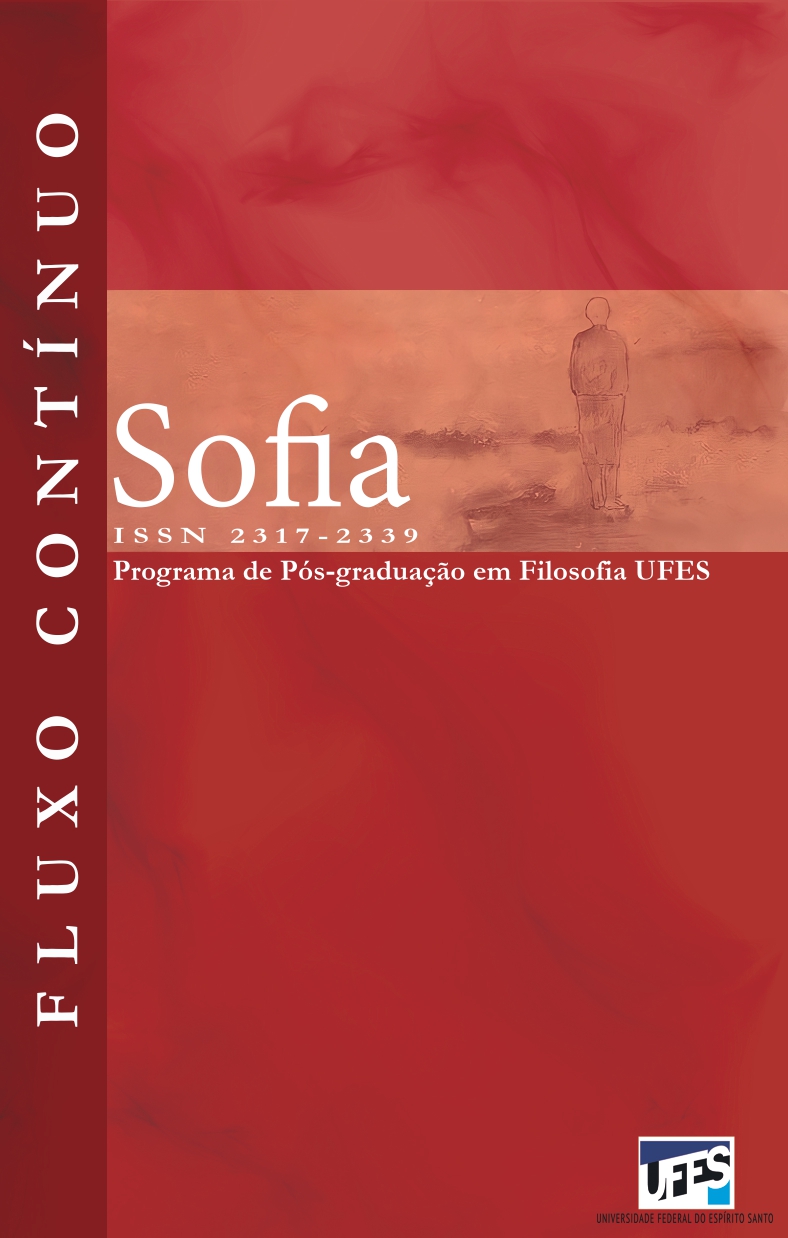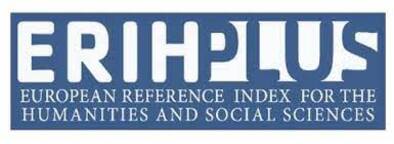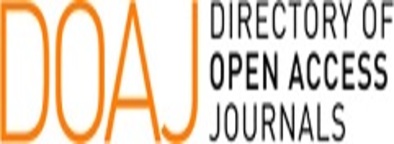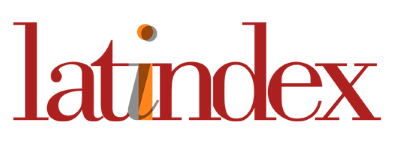O problema das anomalias não-observadas
DOI:
https://doi.org/10.47456/sofia.v11i2.39178Palavras-chave:
instrumentalismo, indução pessimista, antirrealismo científico, alternativas não-concebidas, anomalias não-observadasResumo
O antirrealismo científico, ou seja, a visão de que as teorias bem-sucedidas são somente empiricamente adequadas, é insustentável à luz do problema das anomalias não-observadas. Esse problema pode ser descrito da seguinte forma: já que os cientistas do passado não puderam observar as anomalias que causaram a substituição das teorias passadas pelas teorias atuais, os cientistas de hoje também não podem observar as anomalias que causarão a substituição das teorias presentes por teorias futuras. Há várias estratégias que os antirrealistas seriam tentados a oferecer para contornar o problema das anomalias não-observadas. Todas elas, no entanto, são problemáticas.
Abstract
Scientific antirealism, the view that successful theories are empirically adequate, is untenable in light of the problem of unobserved anomalies that since past scientists could not observe the anomalies that caused the replacement of past theories with present theories, present scientists cannot observe the anomalies either that will cause the replacement of present theories with future theories. There are several moves that antirealists would be tempted to make to get around the problem of unobserved anomalies. All of them, however, are problematic.
Referências
ALAI, M. 2017. The Debates on Scientific Realism Today: Knowledge and Objectivity in Science. In Varieties of Scientific Realism: Objectivity and Truth in Science, ed. E. Agazzi. Switzerland: Springer International Publishing, 2017.
KUHN, T. The Structure of Scientific Revolutions. Chicago: University of Chicago Press, 1962/1970.
LADYMAN, J.; DOUVEN, I.; HORSTEN, L.; VAN FRAASSEN, B. A Defense of van Fraassen’s Critique of Abductive Inference: Reply to Psillos. In The Philosophical Quarterly, v. 47, n. 188, 1997.
LANGE, M. Baseball, Pessimistic Inductions and the Turnover Fallacy. In Analysis, v. 62, n. 4, 2002.
LAUDAN, L. Progress and Its Problems: Towards a Theory of Scientific Growth. California: University of California Press, 1977.
LYONS, T. Explaining the Success of a Scientific Theory. In Philosophy of Science v. 70, n. 5, 2003.
MACH, E. History and Root of the Principle of the Conservation of Energy. Translated by P.E.B.Jourdain. Chicago: Open Court Publishing Company, 1911.
PARK, S. Accepting Our Best Scientific Theories. In Filosofija. Sociologija v. 26, n. 3, 2015.
PARK, S. Defense of Epistemic Reciprocalism. In Filosofija. Sociologija, v. 28, n. 1, 2017.
PARK, S. Scientific Realism and Antirealism in Science Education. In Coactivity: Philosophy. Communication, v. 24, n. 1, 2016.
PARK, S. Scientific Realism vs. Scientific Antirealism. Ph. D. Dissertation. University of Arizona, 2001.
PARK, S. Should Scientists Embrance Scientific Realism or Antirealism. In The Philosophical Forum, v. 50, n. 1, 2018.
POINCARÉ, H. Science and Hypothesis. New York: Dover, 1905/1952.
PSILLOS, S. Scientific Realism: How Science Tracks Truth. New York: Routledge, 1999.
PUTNAM, H. Meaning and the Moral Sciences. London: Routledge & K. Paul, 1978.
RUHMKORFF, S. Some Difficulties for the Problem of Unconceived Alternatives. In Philosophy of Science, v, 78, n. 5, 2011.
SAATSI, J. Saatsi, J. Grasping at Realist Straws. In Metascience, v. 18, 2009.
STANFORD, P. K. Catastrophism, Uniformitarianism, and a Scientific Realism Debate That Makes a Difference. In Philosophy of Science, v. 82, n. 5, 2015.
STANFORD, P. K. Exceeding Our Grasp: Science, History, and the Problem of Unconceived Alternatives. Oxford: Oxford University Press, 2006.
VAN FRAASSEN, B. C. Empiricism in the Philosophy of Science. In Images of Science, eds. P. Churchland and C. Hooker. Chicago: University of Chicago Press, 1985.
VAN FRAASSEN, B. C. The Scientific Image. Oxford: Oxford University Press, 1980.
WRAY, K. B. Epistemic Privilege and the Success of Science. In Noûs, v. 46, n. 3, 2012.
WRAY, K. B. Pessimistic Induction and the Exponential Growth of Science Reassessed. In Synthese, v. 190, n. 18, 2013.
WRAY, K. B. The Argument from Underconsideration as Grounds for Anti-Realism: A Defence. In International Studies in the Philosophy of Science, v. 22, n. 3, 2008.
Publicado
Edição
Seção
Licença
Copyright (c) 2022 Gabriel Chiarotti Sardi

Este trabalho está licenciado sob uma licença Creative Commons Attribution 4.0 International License.
Dada a política de acesso público da revista, o uso dos textos publicados é gratuito, com a obrigação de reconhecer a autoria original e a primeira publicação nesta revista. Os autores das contribuições publicadas são inteiramente e exclusivamente responsáveis por seus conteúdos.
I Os autores autorizam a publicação do artigo nesta revista.
II Os autores garantem que a contribuição é original e assumem total responsabilidade pelo seu conteúdo em caso de impugnação por terceiros.
III Os autores garantem que a contribuição não está sob avaliação em outra revista.
IV Os autores mantêm os direitos autorais e concedem à revista o direito de primeira publicação, sendo o trabalho licenciado sob uma Licença Creative Commons Atribuição-BY.
V Os autores são autorizados e incentivados a divulgar e distribuir seu trabalho on-line após a publicação na revista.
VI Os autores dos trabalhos aprovados autorizam a revista a distribuir seu conteúdo, após a publicação, para reprodução em índices de conteúdo, bibliotecas virtuais e similares.
VII Os editores reservam o direito de fazer ajustes no texto e adequar o artigo às normas editoriais da revista.


















